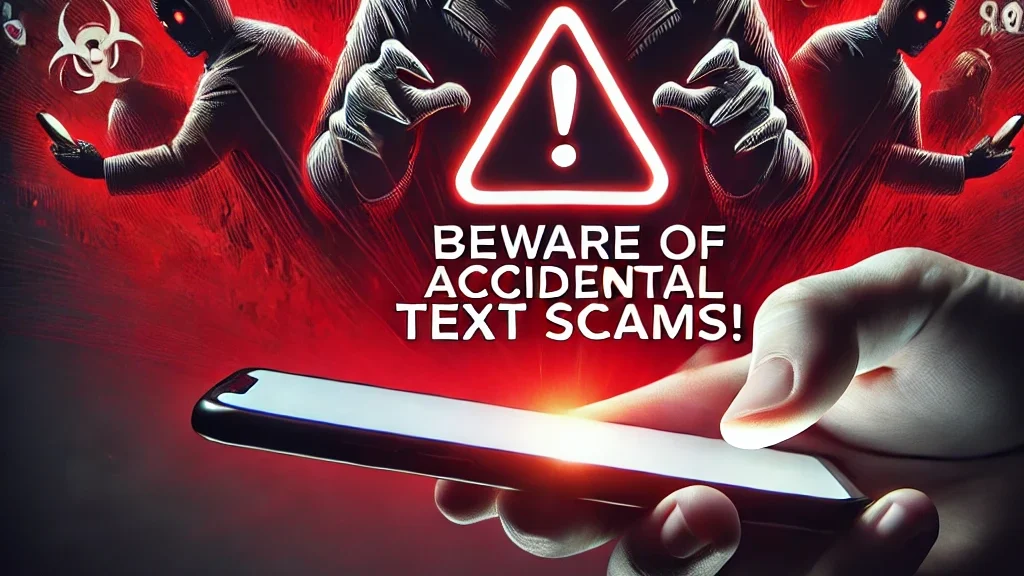
Beware of Accidental Text Scams: Protect Yourself from Digital Deception
In recent years, text message scams have surged, with one particularly cunning scheme gaining traction: the accidental text scam. This deceptive practice has circulated widely, especially in the Mid-South, catching unsuspecting individuals off guard.
What is the Accidental Text Scam?
The accidental text scam begins innocuously enough. You receive a message from an unknown sender, claiming to have texted the wrong number. The message might be something as simple as:
“Hi! Is this John? I’m confirming our meeting later.”
Out of courtesy, you might respond to clarify the mistake. However, this one simple reply confirms your phone number is active, opening the floodgates for more scam calls and texts.
Toddnetta Trice, a communications specialist for the Better Business Bureau (BBB), explains the method behind this scam:
“Most people respond with short, friendly messages, allowing scammers to engage before anything seems wrong. Once they confirm your number is live, they use AI to craft quickly personalized texts,” Trice warns.
How Scammers Operate
After confirming your number, scammers aim to build trust. This is where artificial intelligence plays a significant role. Scammers craft texts that feel personal and genuine, often mirroring the recipient’s responses.
Many of these scams evolve into a form of digital catfishing, targeting lonely individuals. Trice elaborates:
“Typically, it’s a romance angle. They target those who are likely to continue the conversation, eventually asking for personal details or money.”
These interactions can last for weeks, with scammers adept at manipulating emotions to achieve their goals.
Protecting Yourself from Text Scams
To safeguard against these scams, the BBB recommends the following precautions:
1. Don’t Engage with Unknown Numbers
Any response, even a polite “wrong number” reply, confirms your number is active. Scammers thrive on this acknowledgment.
2. Trust Your Instincts
If a conversation feels off, it probably is. Genuine wrong-number messages usually don’t persist beyond the initial exchange.
3. Block and Report
Once you suspect a scam, block the number on your phone. Additionally, report it to your mobile carrier or the BBB’s Scam Tracker to help reduce the risk for others.
4. Stay Alert for Red Flags
Be wary of messages that:
- Transition into personal or romantic conversations quickly.
- Request personal details like your full name, address, or financial information.
- Persist even after you indicate no interest.
Why Reporting Matters
As Toddnetta Trice emphasizes, reporting scams is crucial to curbing their spread. When you alert your service provider or log incidents with organizations like the BBB, it helps protect others from falling victim.
“Even if you’re typically the nice person who lets people know they’ve got the wrong number, it’s time to stop doing that,” Trice advises. “Your safety comes first.”
Stay Informed, Stay Safe
Accidental text scams are a reminder of the evolving nature of digital threats. By staying vigilant and following these precautions, you can protect yourself and others from becoming victims.
For more information and resources to report scams, visit the BBB’s official website or your service provider. Digital awareness is the first line of defense in today’s interconnected world.
